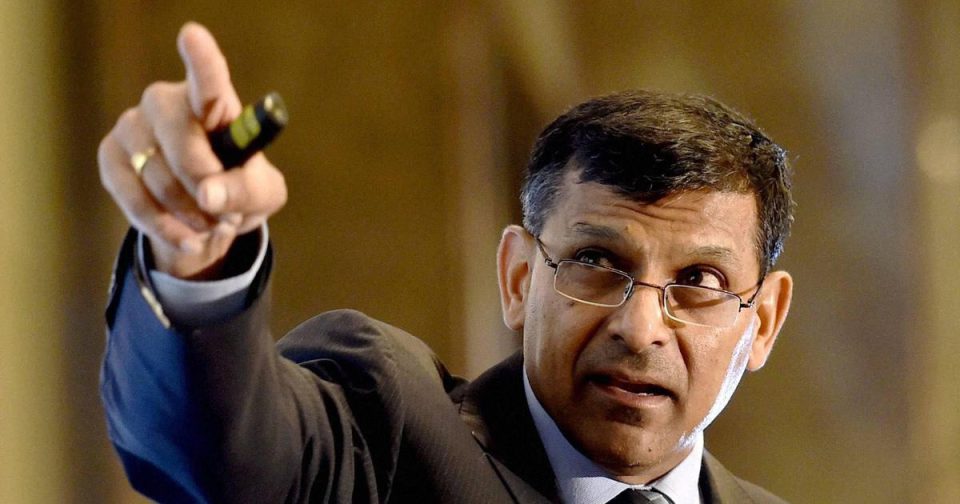Renowned economist and former RBI Governor, Raghuram Rajan, recently shared insights on the state of the Indian economy, highlighting both its achievements and existing disparities. Speaking on a podcast hosted by YouTuber Akash Banerjee, Rajan acknowledged that certain sectors, particularly in urban areas like Noida and Gurgaon, are operating at “first-world” levels. However, he emphasized that other parts of the economy lag behind, even falling below the standards of some third-world nations.
Rajan pointed out that the pressing challenge for India is to bridge these disparities and ensure inclusive growth. He stressed the need to bring all segments of society onto the same economic level, emphasizing that achieving this by 2047 is crucial.
This perspective comes in the wake of optimistic projections by Minister of State for Finance Pankaj Chaudhary, who anticipates India evolving into a $5 trillion economy in the near future, aligning with the country’s aspirations to become an advanced economy by 2047. However, Rajan expressed skepticism about India’s current growth trajectory, suggesting that the nation is unlikely to achieve developed status by 2047. Instead, he proposed that India may reach a level of lower to moderate middle income.
Addressing the issue of malnutrition, Rajan urged the nation to confront this challenge transparently, likening it to a fixable problem. He called for a mission-mode approach, openly acknowledging the issue, and committing to annual progress until malnutrition is eradicated within the next five years. Rajan drew attention to the significant regional disparities in malnutrition rates, citing examples such as Kerala with a 6% rate compared to certain areas in Bihar and Jharkhand where rates exceed 35%.
Rajan highlighted the importance of learning from successful models within India itself, citing the 6% malnutrition rate in Kerala, which aligns with OECD levels. He encouraged the nation to adopt a collaborative approach, leveraging the strengths of high-performing regions to uplift those facing greater challenges.
In conclusion, Raghuram Rajan’s observations underscore the complexity of India’s economic landscape, emphasizing the need for inclusive and sustainable growth. The economist’s call for transparently addressing challenges, learning from regional successes, and adopting a mission-oriented approach reflects a vision for a more equitable and prosperous India in the years to come.

